Global: Engaged Projects
Further resources, if available, can be found in our full bibliography.

The MOTH Project
New York University Law
The MOTH Project is a legal and interdisciplinary initiative that integrates concern for human rights and welfare into a larger concern for the rights and well-being of the more-than-human world and the web of life that sustains us all. At MOTH, they: 1) Work across disciplines and cultures to cultivate and spread ideas and practices that safeguard the more-than-human world 2) Pursue legal actions to develop and defend the rights and welfare of nonhumans and nature 3) Consolidate and strengthen the emerging field of inquiry and practice dedicated to MOTH law and action. This takes the form of three primary types of activity: (1) convenings; (2) legal experiments; and (3) publications and multimedia. With convenings, they help consolidate the field, provide educational offerings, and facilitate interdisciplinary collaborations. The legal experiments they pursue, meanwhile, aim to protect people and planet while demonstrating how more-than-human rights operate in practice. Their publications and multimedia elevate diverse voices and platform transformative ideas.
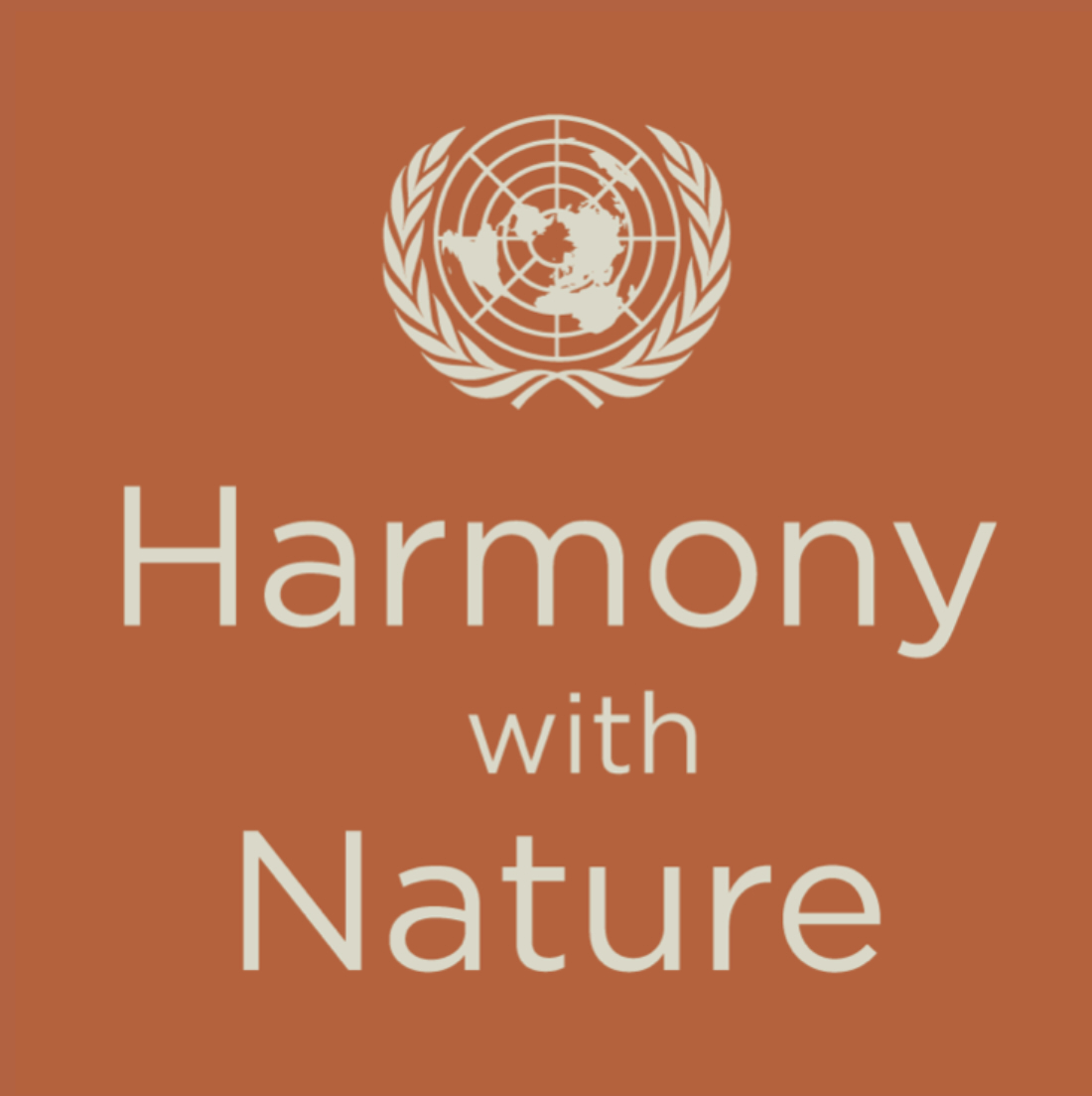
Harmony with Nature Knowledge Network
This UN Knowledge Network promotes legal and ethical frameworks that align human societies with Earth’s ecological boundaries. Many Indigenous peoples cosmovisions, ancient spiritual and philosophical traditions from around the world have long recognized the symbiotic nature of the human-Earth relationship. It is these deep spiritual and philosophical relationships that underpin and inspire the work of this Network both in theory and practice.
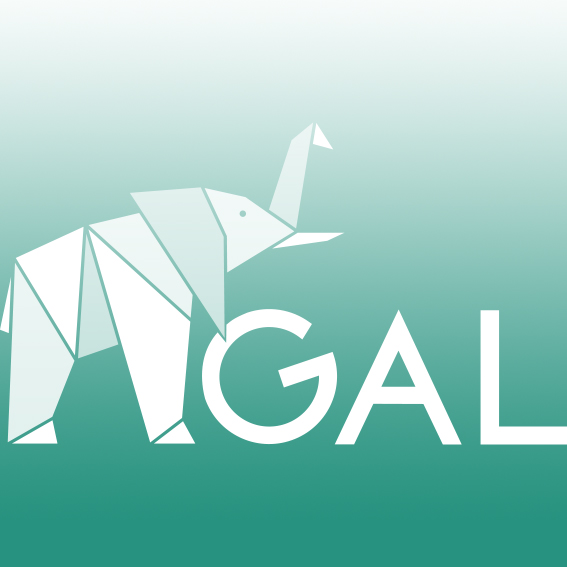
Global Animal Law: Legislation Database
Global Animal Law’s database compiles national animal protection laws from around the world. Comparative insights help legal advocates strengthen policy and push for reform.
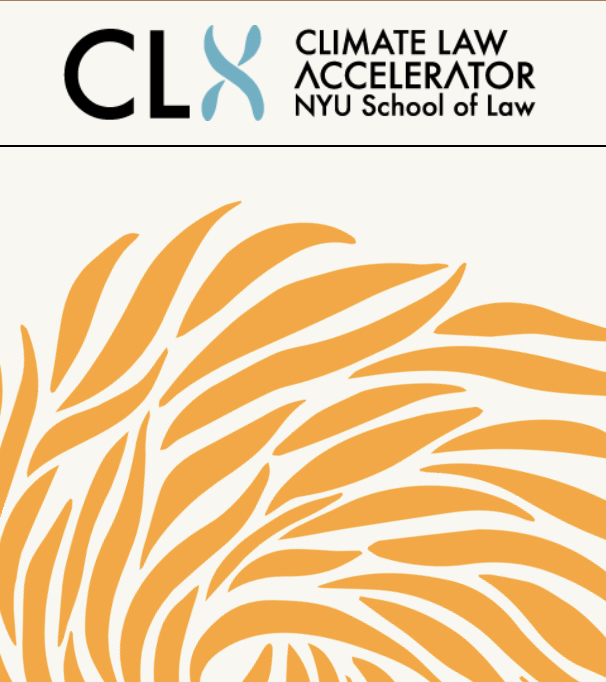
Climate Law Accelerator (CLX)
The CLX Toolkit Map visualizes climate litigation efforts and provides resources for practitioners pursuing rights-based legal strategies. Cases featured on the map support broader movements for climate accountability.
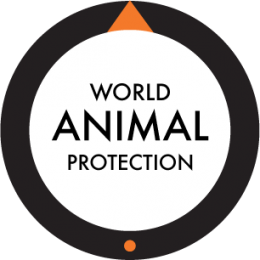
Animal Protection Index
World Animal Protection’s API evaluates and compares countries’ legal commitments to animal welfare. These rankings encourage reform and draw attention to legal gaps that endanger animals.
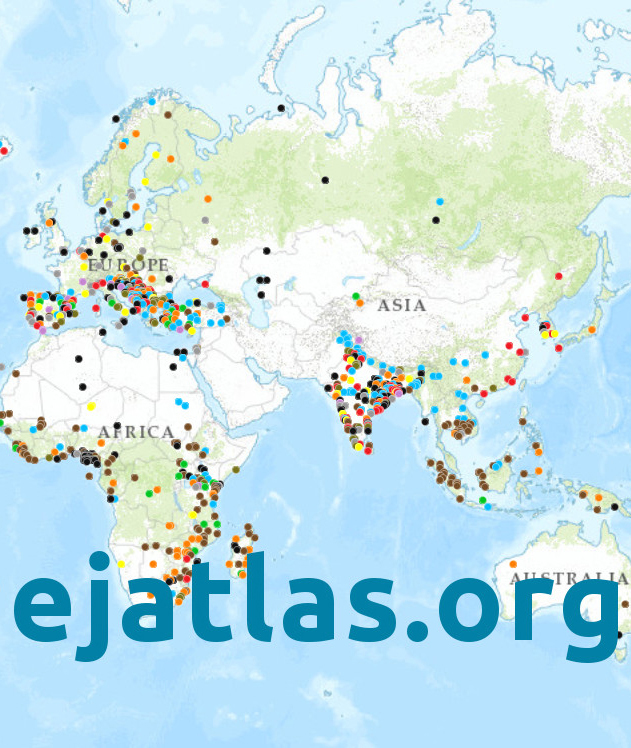
EJAtlas – Global Atlas of Environmental Justice
The Environmental Justice Atlas documents environmental conflicts and social resistance worldwide. Maps and case studies illustrate how communities fight harmful development, pollution, and displacement.
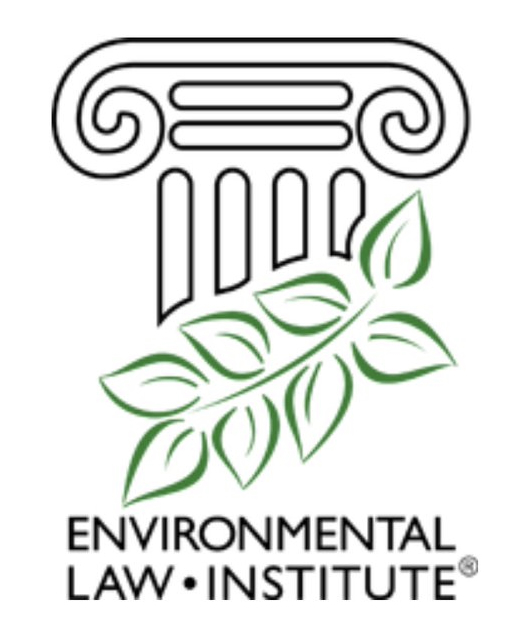
Environmental Law Institute
By producing independent research and convening legal experts, the Environmental Law Institute strengthens environmental governance. Its work equips policymakers and communities with practical legal and policy solutions.

Global Greens
Global Greens coordinates ecological political movements across continents with a shared commitment to democracy, peace, and sustainability. Parties work together to advance environmental legislation and support grassroots action.

Global Tapestry of Alternatives
Through the Global Tapestry of Alternatives, local and regional initiatives come together to share knowledge, practices, and visions for just and sustainable futures. The network values diverse worldviews that reject dominant economic and political models.
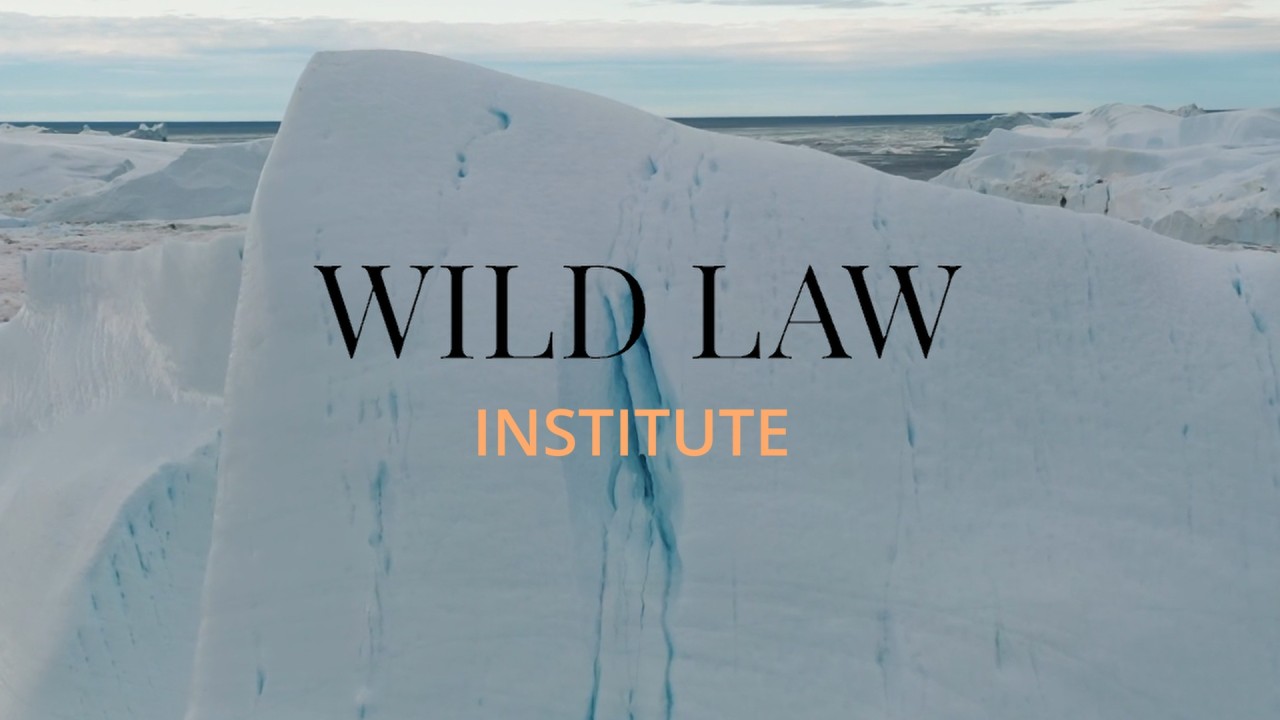
Wild Law Institute
Wild Law promotes legal systems that respect the rights of nature and the integrity of Earth’s ecosystems. This institute calls for a transformation in jurisprudence to align with natural laws.
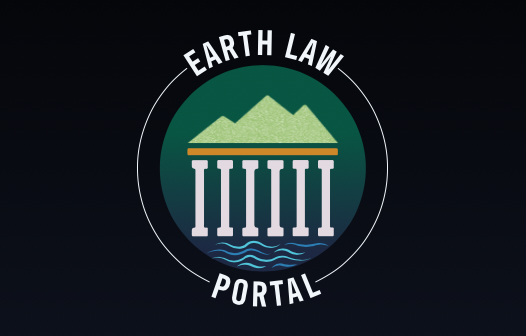
Earth Law Portal
The portal collects key resources that advance ecocentric law across academic, legal, and policy sectors. It supports practitioners and scholars who seek to center nature within legal systems.
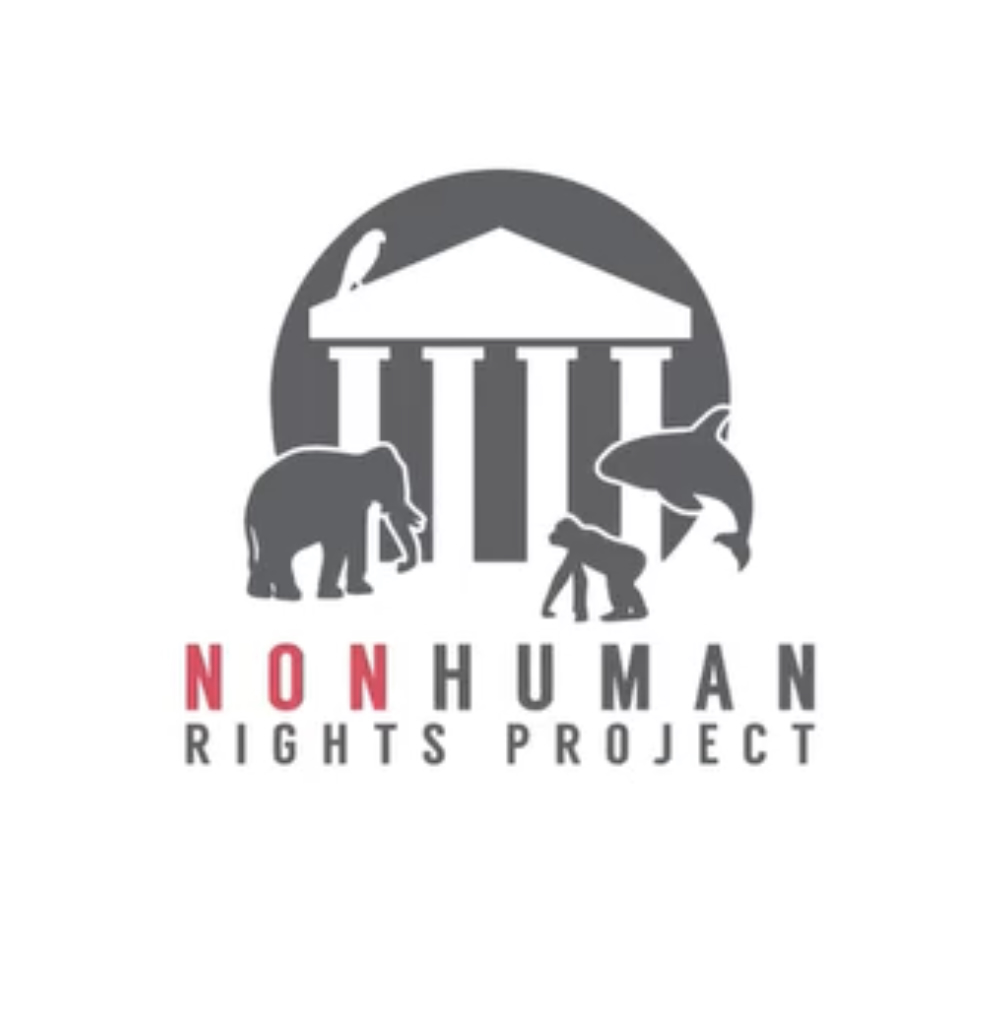
Nonhuman Rights Project
The Nonhuman Rights Project files lawsuits to recognize legal personhood for animals like elephants and chimpanzees. It aims to shift public and judicial understanding of animals’ fundamental rights.
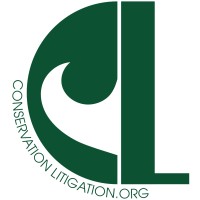
Conservation-Litigation.org
This initiative equips conservationists and legal professionals to take legal action in defense of biodiversity. It connects science and law to halt species loss and ecosystem destruction.
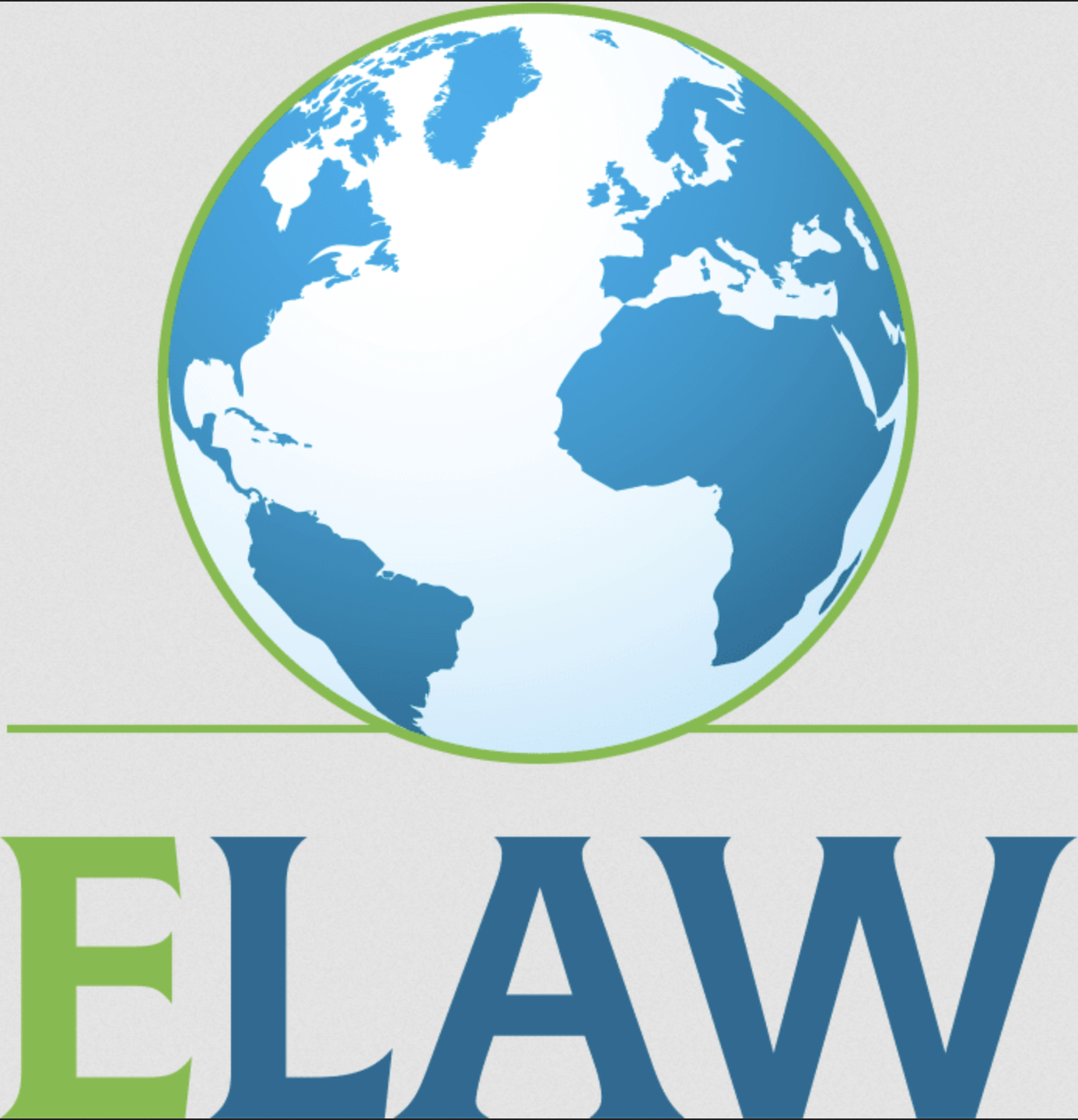
Environmental Law Alliance Worldwide
Environmental Law Alliance Worldwide (ELAW) is a global network of environmental advocates who support grassroots efforts to protect communities and ecosystems through law. By providing legal, scientific, and technical resources, ELAW helps partners around the world challenge environmental abuses and strengthen environmental protections.
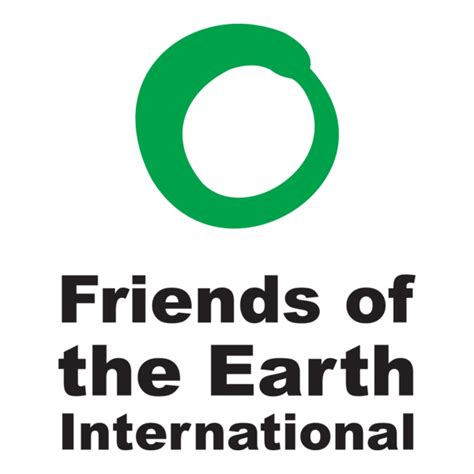
Friends of the Earth International
FOEI unites grassroots groups from around the world to fight environmental degradation and social injustice. It advocates for systemic change by challenging corporate power and amplifying local struggles.
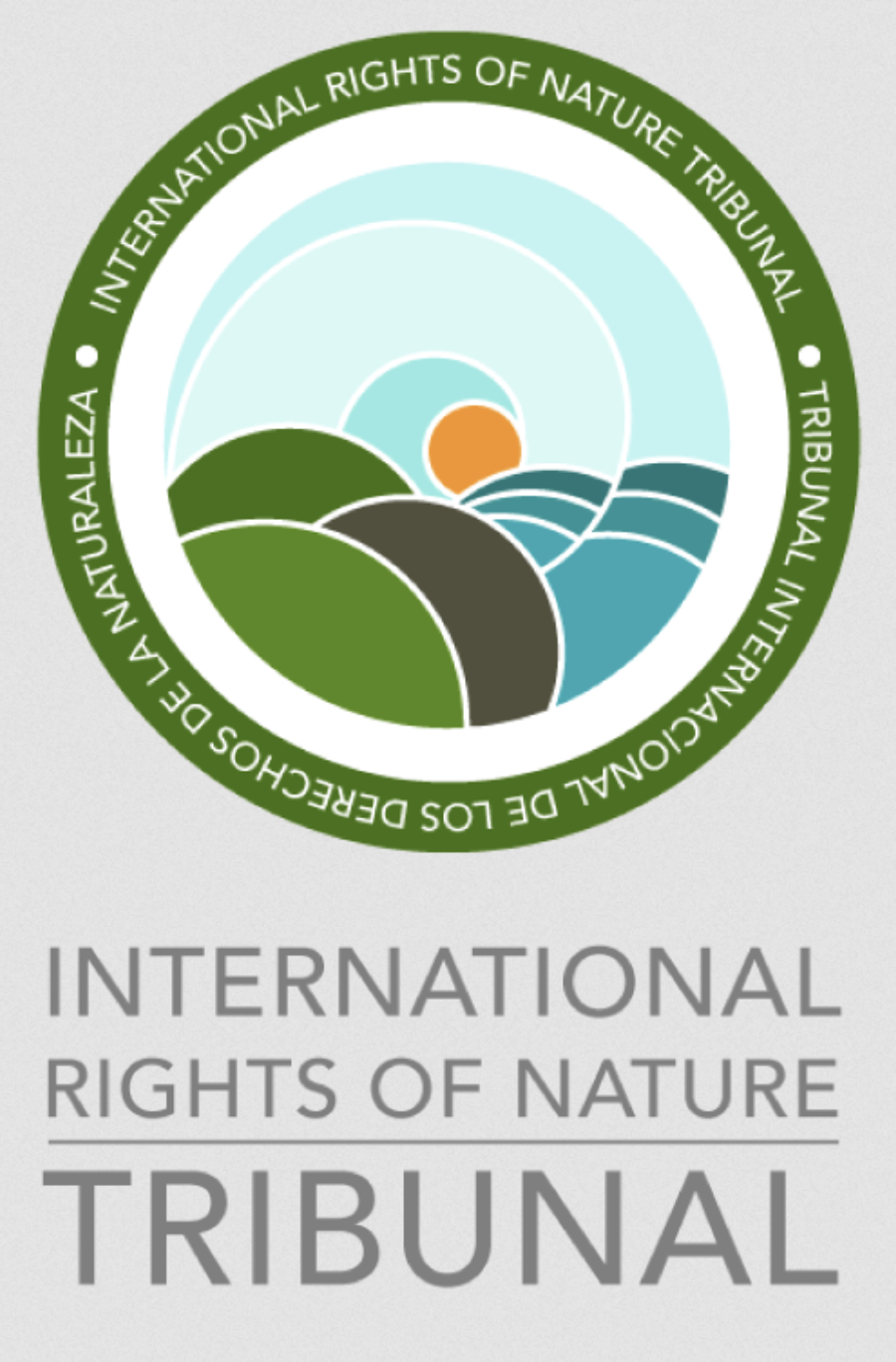
International Rights Of Nature Tribunal
The Tribunal hears cases that highlight violations against nature and issues legal and moral judgments rooted in Earth-centered law. It creates a platform for communities to hold governments and corporations accountable beyond traditional legal systems.
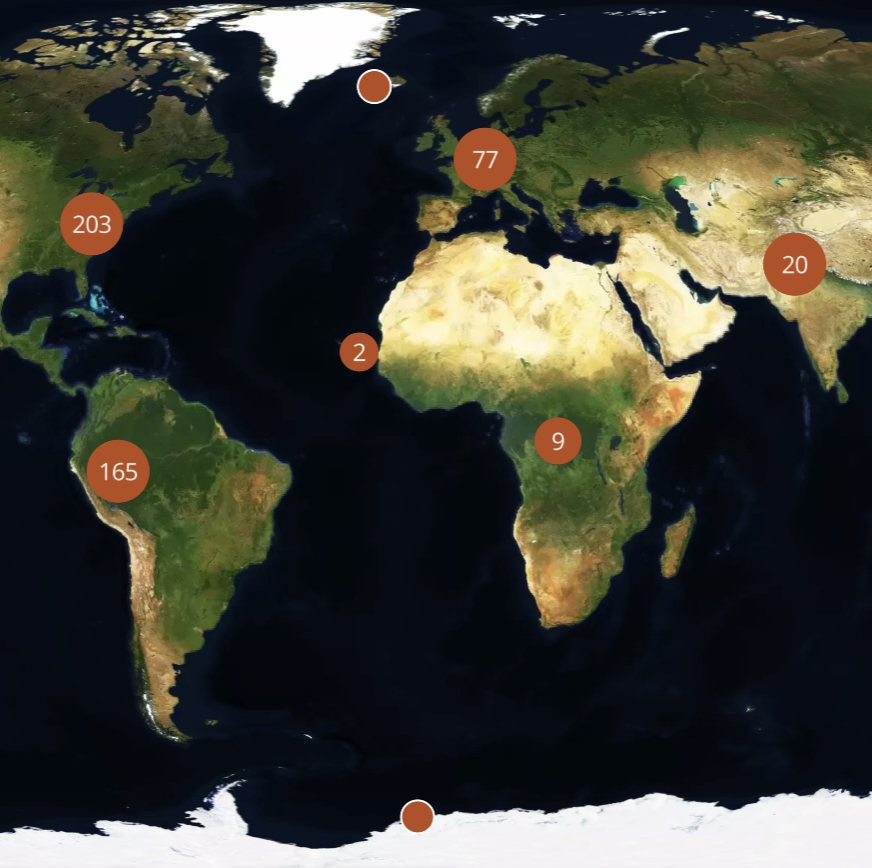
Eco Jurisprudence Monitor
The Eco Jurisprudence Monitor tracks the global movement advancing the Rights of Nature and Earth-centered laws that move beyond anthropocentrism to protect animals, plants, ecosystems, and ultimately human societies. It features both political and physical maps to explore where and how ecological jurisprudence is taking root across the world.
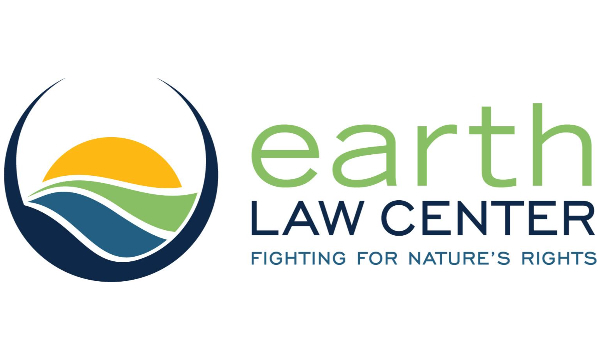
Earth Law Center
With a global team of “Earth lawyers,” Earth Law Center advances the idea that ecosystems have the right to exist, thrive, and evolve–and that Nature should be able to defend its rights, just like people can. Through legal advocacy, education, and community partnerships, this nonprofit works across the Americas and beyond to shift environmental law from property-based frameworks to systems rooted in care, reciprocity, and justice for all life.
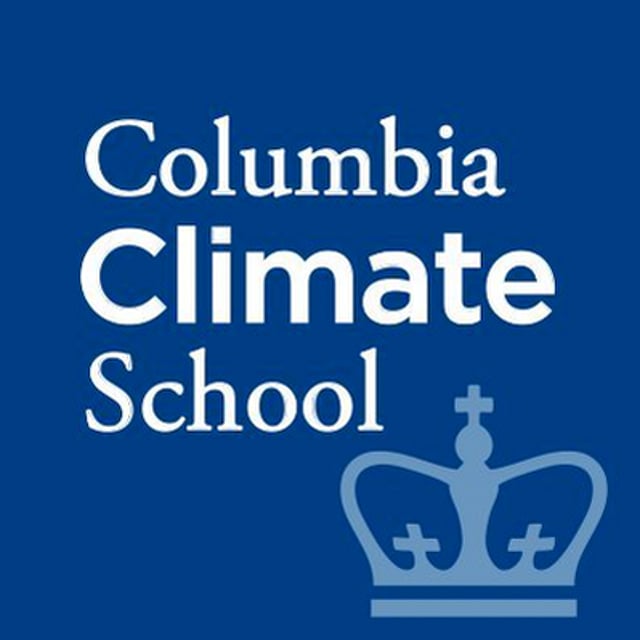
Global Climate Change Litigation Database
Maintained by the Sabin Center for Climate Change Law, this searchable database of climate change litigation includes case summaries, legal documents, and categorization by law, jurisdiction, and claim type. Cases must involve judicial proceedings where climate change is a material issue. The project supports legal research, advocacy, and policy by offering regularly updated and peer-reviewed data, though coverage may vary by region due to limitations in language, documentation, and public access.
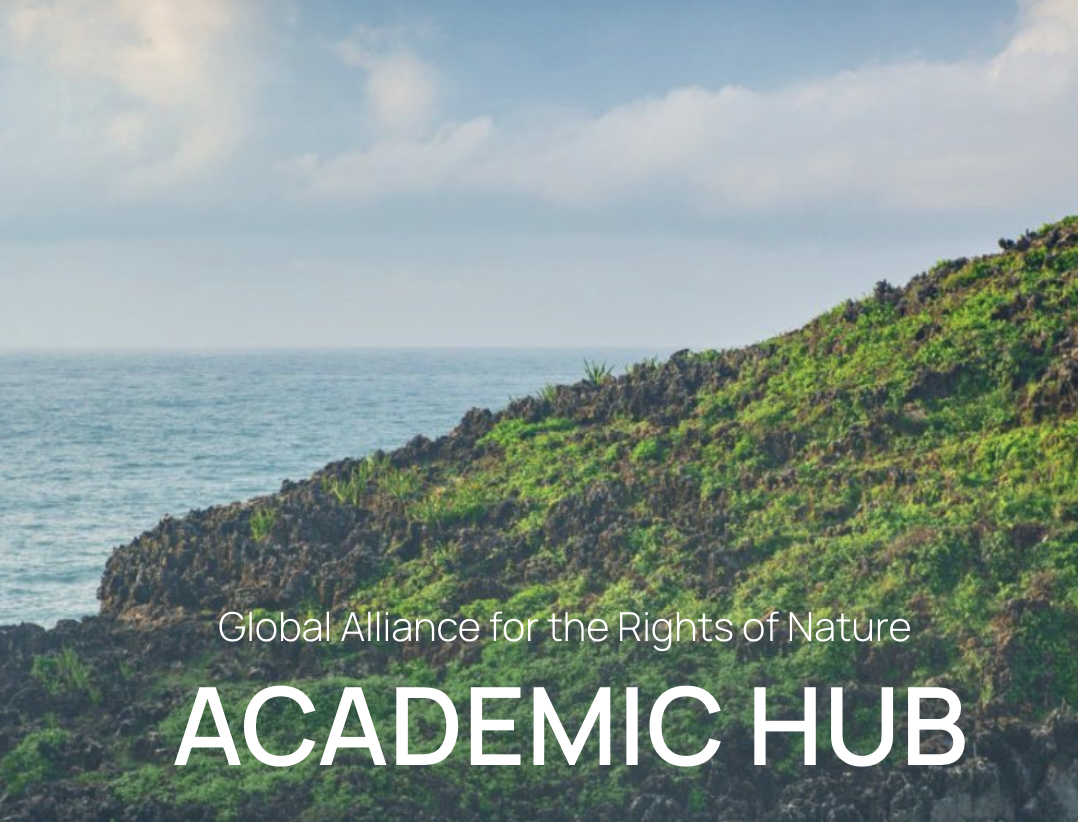
Global Alliance for the Rights of Nature (GARN) – Academic Hub
The GARN Academic Hub is a global, multidisciplinary network established in 2020 to support research and critical inquiry into ecological jurisprudence. While rooted in law, it engages scholars across disciplines to exchange ideas, collaborate on research, and expand knowledge through education, aiming to foster innovative approaches to the Rights of Nature and Earth-centered legal thought.
Photo Credit: South Atlantic Ocean, Antarctica; 66 north/Unsplash